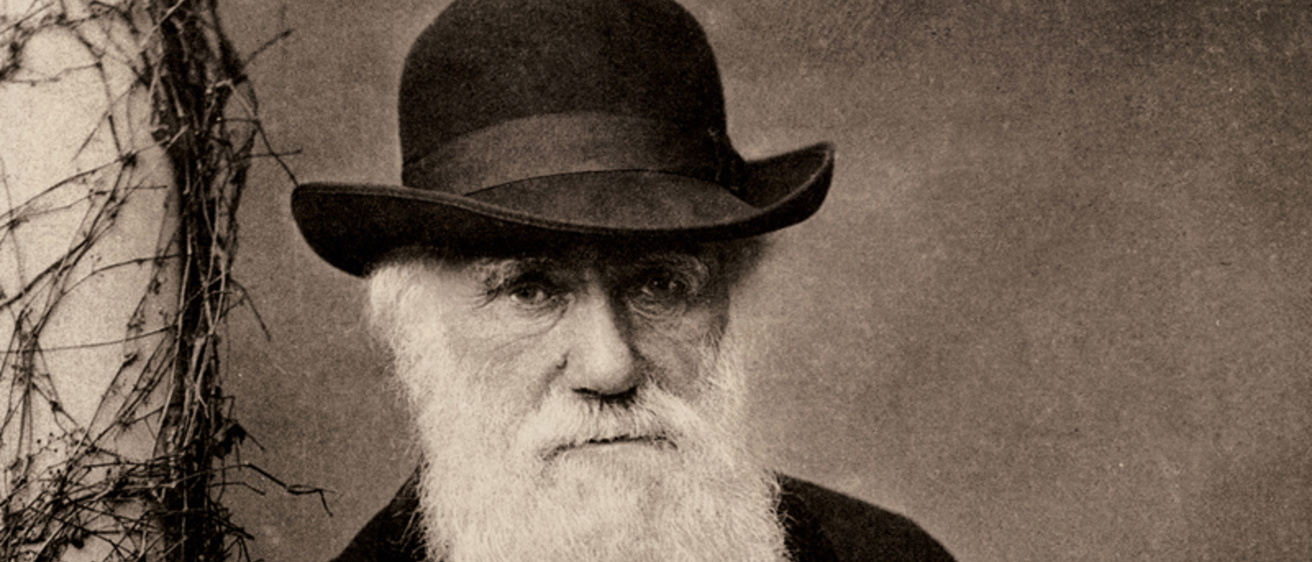Exploring Darwin's Motives
Why did Charles Darwin, a rich and impeccably upright gentleman, go out of his way to privately develop a subversive image of human evolution in 1837-39? Why did he pursue the subject with tenacity for three decades before publishing The Descent of Man in 1871?
Internationally renowned Darwin biographer James Moore will address these questions and others in his lecture, “Darwin’s Sacred Cause: How a hatred of slavery shaped Darwin’s views on human evolution.” The lecture will take place Monday, Nov. 18, at 5 p.m. in the Senate Chamber of the Old Capitol Museum on the University of Iowa campus.
Darwin's Deep Abolitionist Roots
Moore will describe the manuscripts, unpublished family correspondence, notebooks, diaries, and ship logs that show abolitionism had deep roots in Darwin’s family, and that his hatred of slavery was reinforced by American events from the rise of scientific racism at Harvard to the dark days of the Civil War.
Much of Moore’s research can be found in his 2009 critically acclaimed book, Darwin’s Sacred Cause: Race, slavery and the quest for human origins, co-authored with Adrian Desmond. Translated into 10 languages, the work was described by the London Review of Books as a “most substantial historical contribution" to Darwinian scholarship.
Moore has degrees in science, divinity, and history. He has previously taught at Cambridge University and has been a visiting professor at Harvard, Notre Dame, and McMaster universities. He is currently a history of science professor at Open University in England.
Lunchtime Discussion
Moore will also host a lunchtime talk at the Obermann Center on Nov. 18 at 12:30 pm (please bring your own lunch): "What's the use of evolution?: Transatlantic Images of Darwin Since the Reagan-Thatcher Era."
Moore's visit is sponsored by Crossing the Social/Biological Divide working group in the Obermann Center for Advanced Studies, the DeLTA Center, the Old Capitol Museum, and the Departments of Religious Studies and History in the College of Liberal Arts and Sciences. Community sponsors include the History of Medicine Society and the Congregational United Church of Christ of Iowa City.
Individuals with disabilities are encouraged to attend all UI- sponsored events. If you are a person with a disability who requires a reasonable accommodation in order to participate in this program, contact Deirdre Egan in advance at deirdre-egan@uiowa.edu or at 319-335-0322.
~ Article by Deirdre Egan
